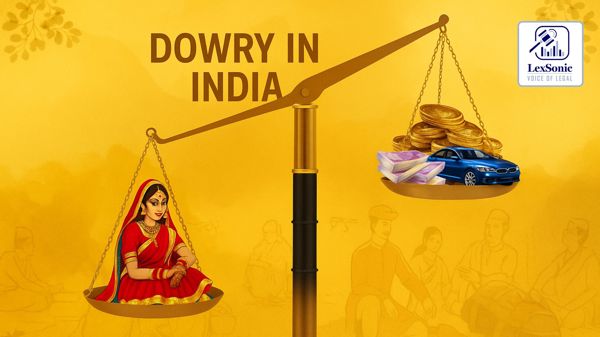Supreme Court Overturns High Court, Upholds Dowry Prohibition Act Case.
08 August 2025
Criminal Appeals & Suspension of Sentence >> Criminal Law | Dowry >> Marriage Law
Despite these details, the High Court of Chhattisgarh had quashed the proceedings against the parents and brother, stating that the allegations against them were "vague and omnibus". However, the proceedings against the potential groom (the fifth respondent) were sustained.

The Supreme Court reviewed the FIR and found that it contained specific and definite allegations with particulars of dates and times against the three respondents. The court stated that it was at a "total loss to comprehend" how the High Court could have found the allegations to be vague and omnibus.
The respondents' counsel tried to justify the High Court's decision by arguing that there was misrepresentation by the appellant and that the case was a malicious attempt to "wreak vengeance". The Supreme Court rejected both arguments. It held that the issue of misrepresentation is a question of fact that can only be decided at trial, not at the stage of quashing an FIR. It also found that there was no manifest mala fide on the face of the FIR that would justify quashing the proceedings, citing a previous precedent (State of Haryana v. Bhajanlal).
Ultimately, the Supreme Court found that the High Court had committed a serious error by quashing the proceedings. The court set aside the High Court's order and directed that the criminal proceedings arising from the FIR be taken to their "logical conclusion, in accordance with law".
Section 173., Code of Criminal Procedure - 1973
Section 482., Code of Criminal Procedure - 1973
Code of Criminal Procedure, 1973
Section 3, Dowry Prohibition Act - 1961
